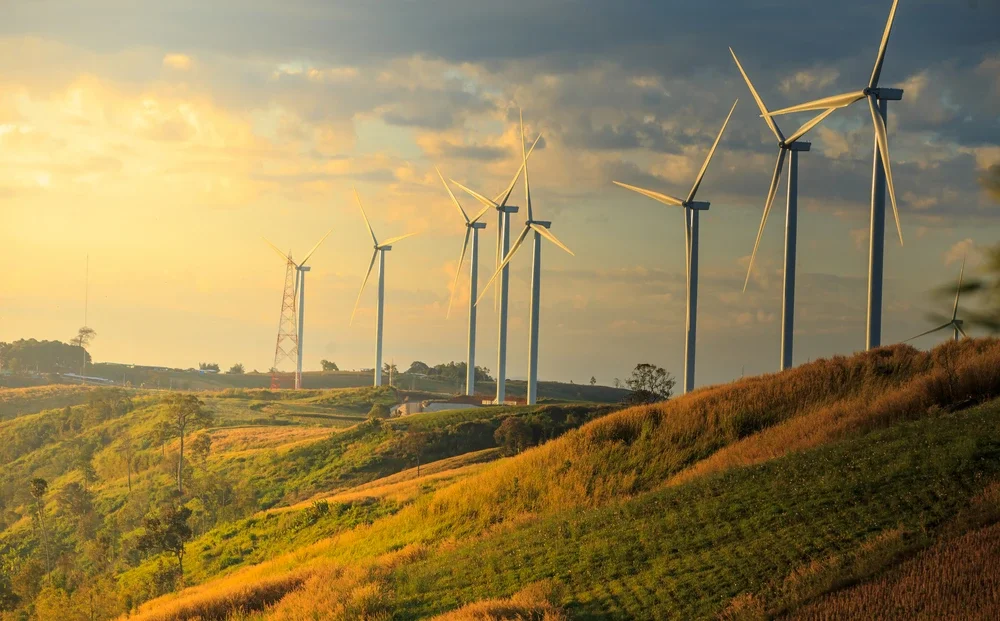
UHNWs plan to heavily increase their allocation to sustainable and ethical investments, according to a new survey of private clients and family offices
Half of the ultra rich who consider environmental and social impact in their investment decisions say they are planning to put the majority of their portfolios in impact investments, according to new research.
A desire to make the world a better place is the primary motivation of three-quarters of high net worth impact investors, according to Campden Wealth’s global survey of private clients, family offices and foundations who are involved in the practice.
It’s an area of wealth management that has seen huge growth in the past two decades, encompassing everything from ‘ethical investing’ that actively avoids certain companies and industries, such as arms, tobacco or gambling, to the now ubiquitous category of ESG.
Campden's research, on behalf of Global Impact Solutions Today (GIST) and Barclays Private Bank, aims to provide insight into the motivations of UHNW impact investors and their plans for the next five years.
It found that two-thirds of impact investors take the ethical investing approach to all, or most, of their investments, while two-thirds use 'responsible investing', meaning they take ESG considerations into their investment strategy for most of their portfolio.
However, higher risk impact investing that prioritises positive social or environmental impact over financial returns is less common than the reverse, with only a third of respondents applying that approach to the majority of their investments.
What's motivating UHNW impact investing?
More than three-quarters of impact investors say a sense of responsibility to improve the world is their biggest driver. This has increased significantly in the past year, up from 64 per cent in 2021.
There has also been a large jump in the proportion who say they want to show that family wealth can be used for positive outcomes, up 13 percentage points to 36 per cent.
When it comes to the biggest challenges facing our world - more than eight in ten wealthy investors believe their private capital is essential in the fight against climate change.
‘These global wealth holders have realised their capital makes an impact on the world... so they want their portfolio to be lucrative and to be personally meaningful,’ said Damian Payiatakis, Head of Sustainable and Impact Investing, Barclays Private Bank.
‘At this pivotal moment, their investments have become a means to play their part to create a more just and sustainable world. The challenge now is helping more individuals, families, and family offices to move from awareness to action.’
How will impact investing increase?
In the coming years, these investors anticipate they will significantly increase the proportion of their portfolio allocated to impact investing. At the end of 2021, 29 per cent had the majority of their portfolio allocated to impact investing, and 19 per cent had more than 80 per cent allocated.
Within five years, almost half (47 per cent) say they expect to have the majority of their portfolio in impact investments, and 37 per cent will have more than 80 per cent allocated.
More than three-quarters of impact investors say the financial returns met or exceeded their expectations in 2021. And the heavier they invested, the greater their satisfaction. In fact, those using impact investing as their primary approach saw gains exceed expectations by almost a third (31 per cent).
‘Wealth holders and their family offices are adopting sustainable investing at a rapid pace,’ says Rebecca Gooch, Senior Director of Research at Campden Wealth.
‘This is enabling the landscape to grow rapidly, and investors are now reaping the benefits of both the social and economic returns sustainable investments can provide.’
Spear’s 500 2023: Order your copy here
Angela Atherton, head of operations and strategy at Parallele Finance, a 'gender lens investing' research firm that promotes gender equality, says that they anticipate investor interest will only grow in 2023.
'ESG investing weathered several headwinds in 2022, including global equity market losses and an unsupportive political environment in some corners,' she says. 'At the same time, regulatory scrutiny is resulting in increased clarity around investment guidelines, and global ESG corporate reporting conventions are moving toward standardisation.'
'Research shows that investor interest in ESG products continues to strengthen going into 2023, and one area of heightened investor focus is diversity.'
Image: Shutterstock
More from Spear’s
Why traditional ESG policy may not be enough for investors anymore
Meet Tribe Impact Capital, the dedicated impact investor making a difference
Why the next gen’s appetite for social impact is soaring






